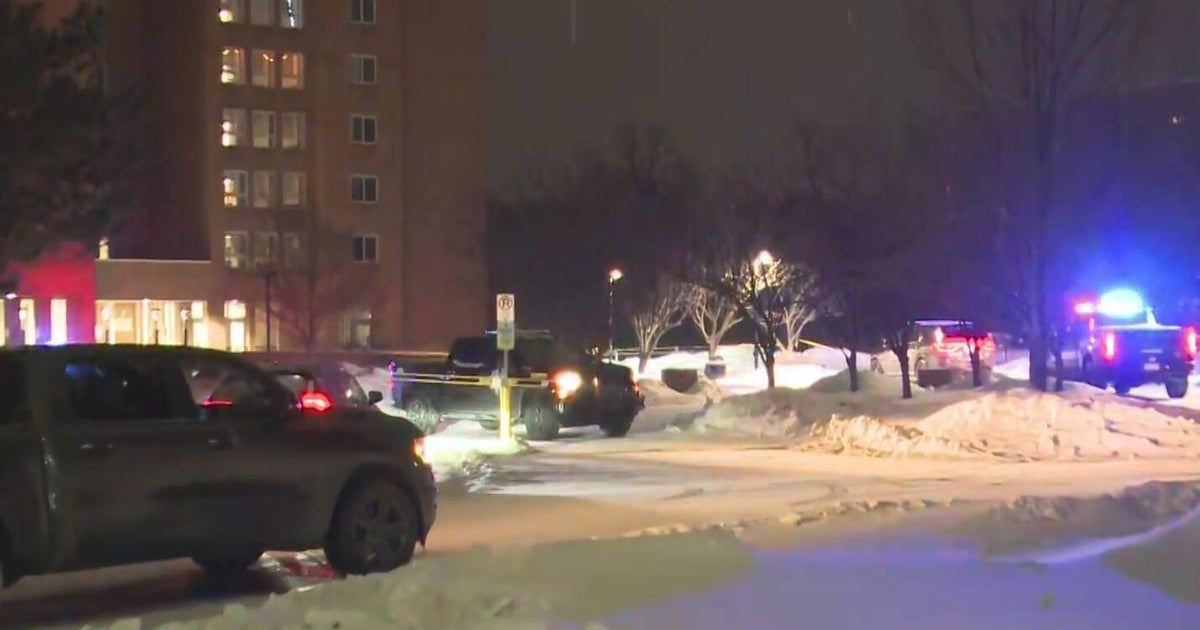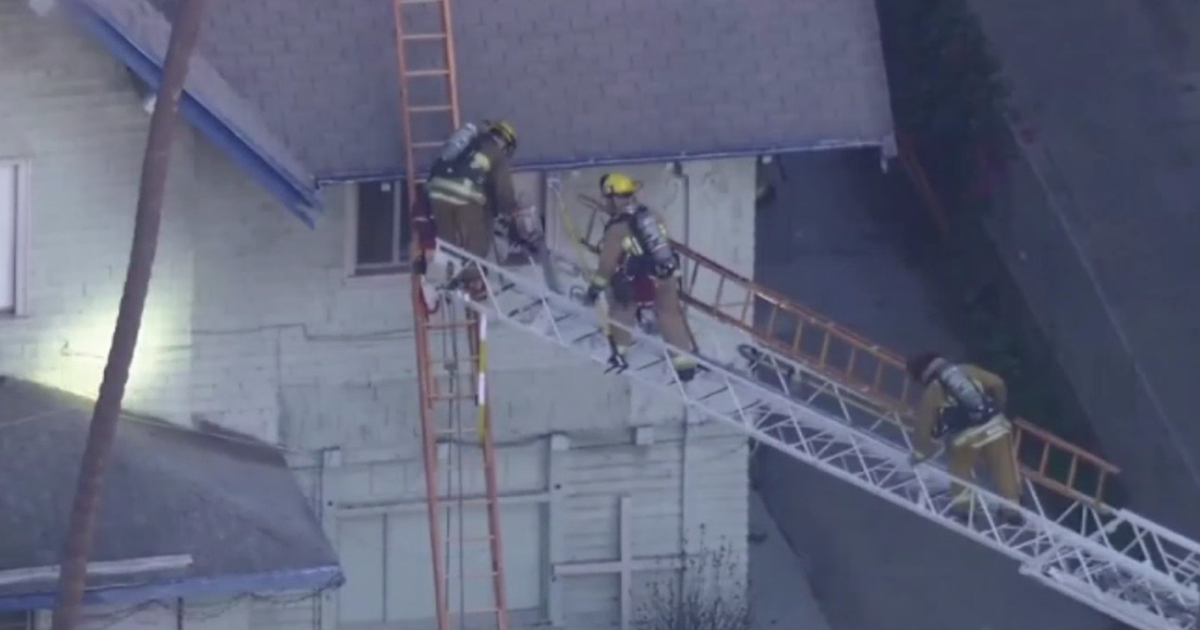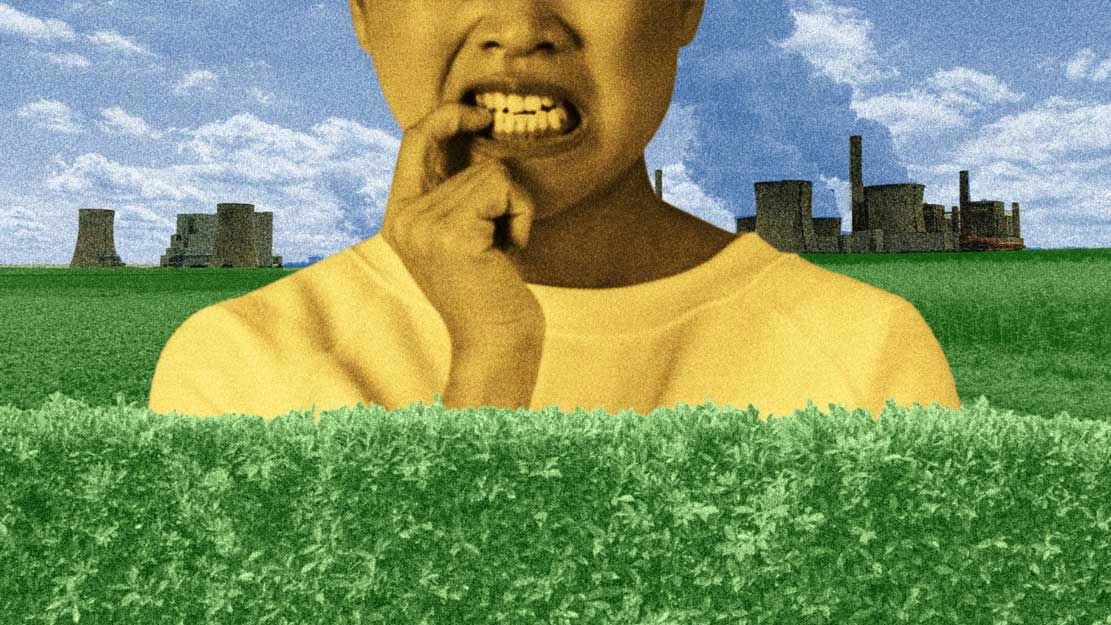Virus lockdowns have led to cleaner air, but will it last? "It doesn't have to be shelter at home or clean air"
Satellite images have shown a dramatic decline in greenhouse gas emissions around the world, thanks to the drop-off in human activity during the coronavirus pandemic. Two weeks ago, typically smoggy Los Angeles had the cleanest air of any major city on Earth, according to IQAir, a tech company that tracks global air quality.
"About a year ago, Los Angeles was ranked the worst air quality in the entire country," CEO of IQAir Glory Dolphin Hammes told CBS News correspondent Jamie Yuccas. "Now, we're seeing some of the best air quality, not just in the country, but in the world."
By some estimates, the pandemic lockdown has taken about 80% of passenger cars off local roads. IQAir's data show a resulting 31% reduction in air pollution compared to the same time frame last year. And it's not just Los Angeles.
From a shockingly smog-free New Delhi in India to unusually clear waters in the canals of Venice, the world is suddenly learning what can happen if humans stop polluting the environment.
"But if things go back to normal a week from now, that'll be a distant memory. The air will be just like it would have been," said Stanford environmental scientist Rob Jackson.
Global greenhouse gas emissions dropped about 1.5% during the 2008 economic crisis, but within two years, they bounced back, and kept growing, Jackson said. He fears the same thing could happen again.
"What if, when the economy's hurting, we no longer care or care to safeguard the environments?" he said.
Although there are signs that's already happening in Washington, D.C., Jackson is optimistic about the number of people and companies learning how to telecommute.
"If we drive less … we'll save time and make things healthier," he said. "It doesn't have to be shelter at home or clean air, it can be clean air every day."
In the meantime, while some crucial climate field science in places like Greenland is being disrupted, the unprecedented shutdown of major cities is also proving to be a boon for other science.
"It has allowed us to really look at certain scenarios," said Gabriele Pfister, a climate scientist who is now studying the environment in conditions no one ever thought would occur. "Assume all passenger cars are taken off the roads, what would happen to our climate and our air quality? I mean, this is typically something we can only test in our numerical models, but then we don't have observations ... so now we do."
Armed with this new data, scientists hope when people return to their pre-pandemic lifestyles, they will do so with lessons learned during the crisis.
"It has shown us that there are ways that we can make a significant change in the human footprint on our atmosphere and our nature," Pfister said.



